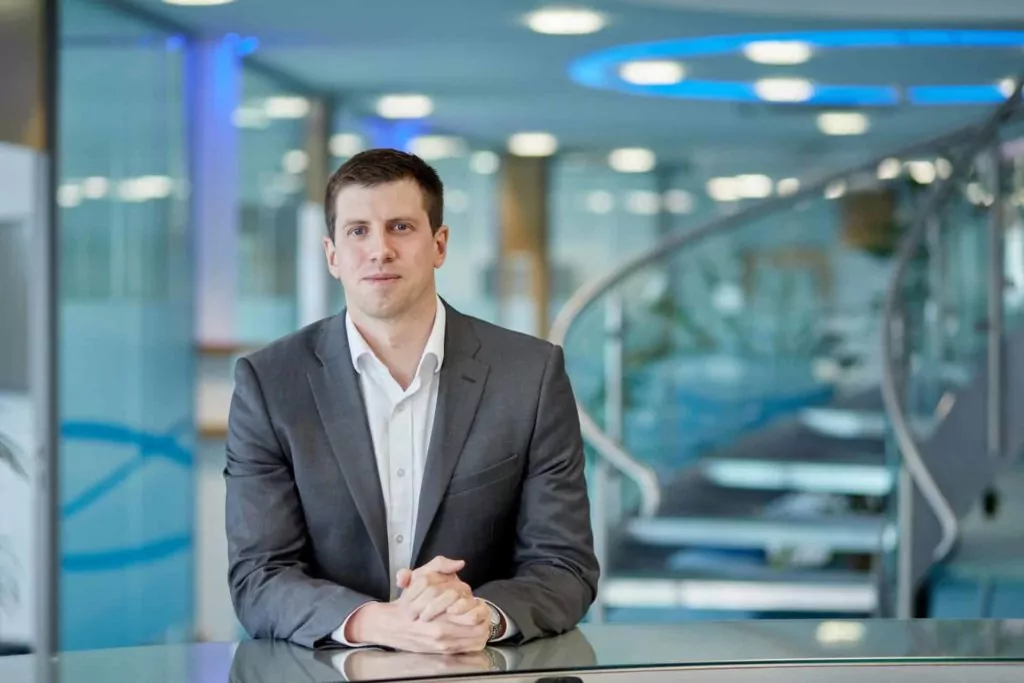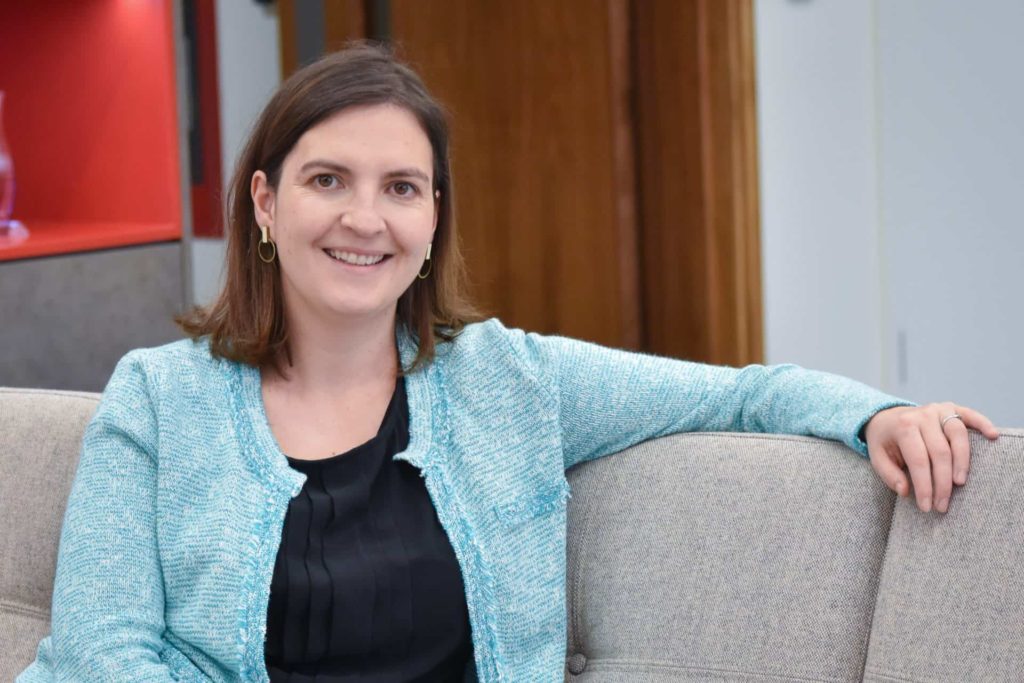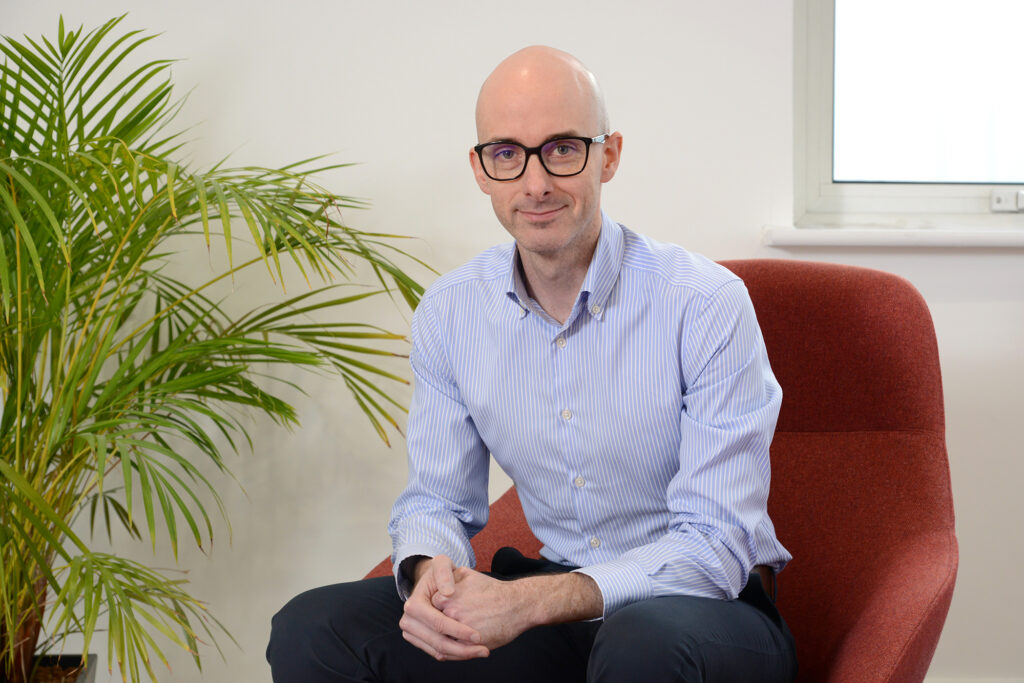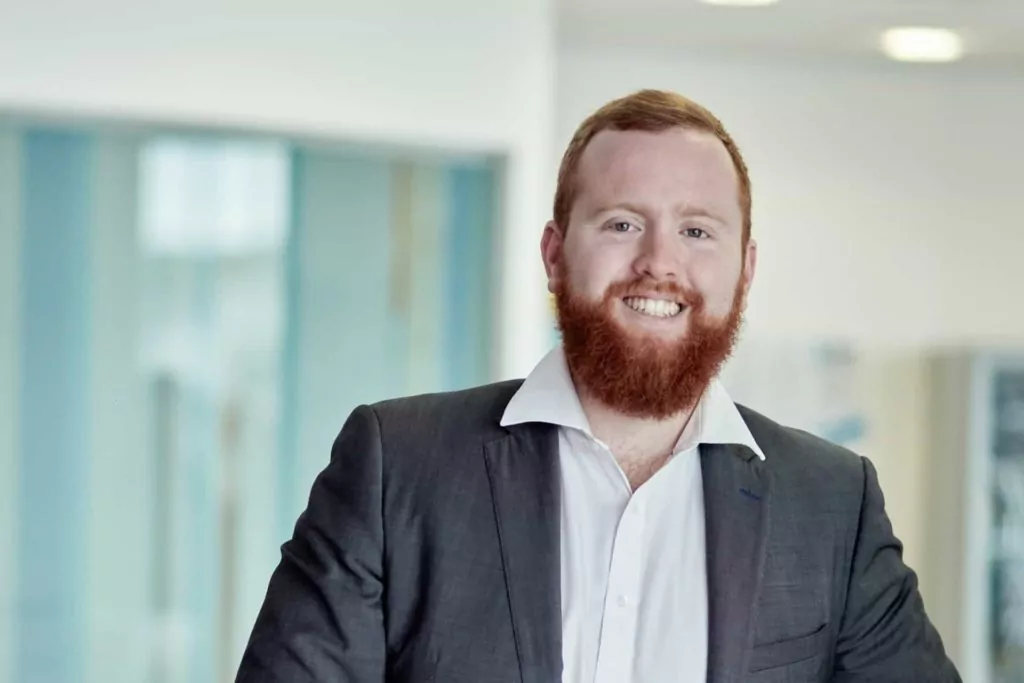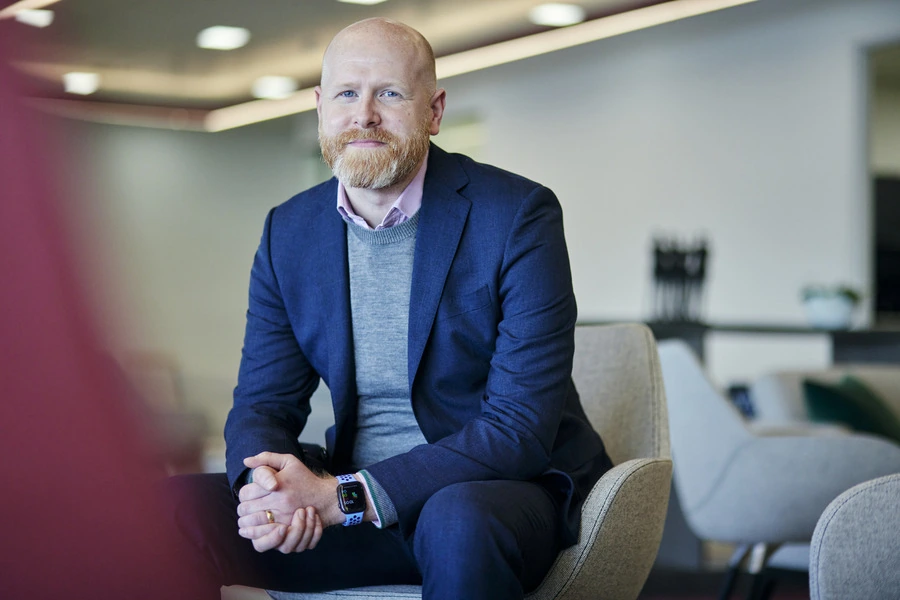
White-Collar Crime: Perseverance when defending Business and Individuals resolves uncertainty in the criminal courts


We recognise how stressful the prospect of facing a criminal court case can be.
The uncertainty around what might happen can prove overwhelming: how long will it take for the case to end? What might be the outcome? Will I go to prison? Will I ever work again?
Foot Anstey's Team of expert Fraud lawyers work hard and work closely with you to provide answers to those questions; to provide you with as much certainty about navigating a regulatory investigation or prosecution in the criminal courts.
Case
M was the subject of a fraud investigation by the Department for the Environment, Food and Rural Affairs ("DEFRA"), which began almost 5 years ago.
DEFRA suspected that M had created documents that were false, which were then used as part of an application for grant funding from the Rural Payment Agency, an executive branch of DEFRA.
DEFRA officials executed search warrants at M's offices and seized a large quantity of material from his work laptop and files. M was then subject to a long and detailed investigation, culminating in a tape-recorded 'interview under caution' in 2018.
However, it was not until 2020 that a Summons was issued requiring M to answer charges of a total 11 charges of fraud in the Magistrates Court. M's case had to be transferred to the Crown Court given the nature and seriousness of the allegations.
M now had to defend serious criminal charges from several years earlier. He had many questions and faced a great deal of uncertainty:
- What would be the outcome? And when?
- Would he go to prison?
- Would he ever be allowed to work as a Company Director again?
- What about his family? Would, for example, the prosecutors seek confiscation of other assets too under the Proceeds of Crime Act 2002?
M was anxious to have answered as quickly as possible and navigate this complex and intimidating process swiftly; emerging as quickly as possible with as much of his life still intact.
Strategy
We were able to draw on years of experience of defending such investigations and prosecutions, to work closely with M to be clear on the overall strategy and approach. We could see the strengths and weaknesses of the defence case and so adopted a pragmatic as well as forensic approach. Detailed representations were made at successive points in the pre-trial process to the lawyers at the specialist fraud unit at the Crown Prosecution Service ("CPS"). Representations focussed on evidential grounds and then on public interest grounds.
Eventually DEFRA and the CPS were persuaded to accept guilty pleas to certain allegations on the basis that the remaining charges were dropped. DEFRA and the CPS were persuaded that any offending was not at the higher end of the scale for sentencing purposes and so did not seek to pursue 'ancillary orders' such as confiscation under the Proceeds of Crime Act 2002 nor that M should be disqualified from being a company director in future. This came as a great relief to M and his family. DEFRA and CPS took a pragmatic view of matters too having regard to the circumstances of the case, which had been drawn to their attention robustly on numerous occasions.
A pragmatic approach from the defence can, with suitable persistence and forensic analysis of the evidence, culminate in a case being concluded more swiftly and favourably than initially considered adding much needed certainty for clients.





